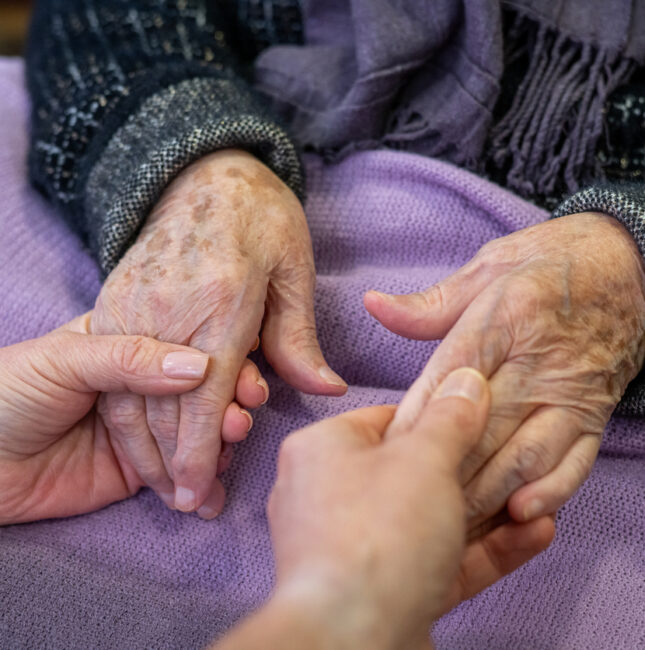Bunnies, eggs and fasting – we answer some of your Easter questions
April 11, 2025
Every year, once Christmas is over, the Easter bunnies, eggs and hot cross buns seem to enter shopping centres earlier and earlier. These symbols of Easter are so entrenched in our culture that we don’t often think to ask where they originated. In fact, there are many Easter traditions and symbols that have fascinating origins, from the origin of egg hunts to the reason why bunnies have become a symbol of Easter. For Catholics, Easter is the holiest day in the Church year that celebrates the resurrection of Jesus from the dead. Easter is a celebration filled with hope, love, goodness and life. In the words of Pope Francis, “Easter is the feast of tombstones taken away.”
Why does the date of Easter change every year?
You’ve probably noticed that the date of Easter changes quite a bit. Sometimes it comes at the end of March, other years it happens in late April. In 2025, Easter is on Sunday 20 April. Easter is always on the first Sunday after the first full moon that follows the March equinox (aka the spring equinox in the Northern Hemisphere). The spring equinox is always on 21 March, so the earliest possible date that Easter Sunday can fall is 22 March. The last time that happened was in 1818!
Why is the bunny a symbol of Easter?
The bunny is a symbol of Easter because rabbits represent fertility and new life, reminding us of Jesus’ resurrection. In the northern hemisphere, Easter occurs in spring at a time when rabbits emerge from their burrows after hibernation. The imagery of the rabbit emerging from hibernation mirrors the resurrection of Jesus.
Why is it called “Good” Friday if Jesus suffered and died?
When we imagine the suffering and death that Jesus endured for us, it is understandable to question why the day is described as “Good.” In Greek, the day is known as the Holy and Great Friday, whereas other cultures called it Sorrowful Friday. The Catholic Encyclopedia says that the origin of the name “Good” is not clear, but it makes sense that we call it Good Friday in English because it is the day that Jesus gave his life for us and our salvation.
Where does the tradition of an Easter egg hunt come from?
The custom of the Easter egg hunt comes from Germany. Some suggest that its origins date back to the late 16th century, when the Protestant reformer Martin Luther organised egg hunts for his congregation. The men would hide the eggs for the women and children to find. This was a nod to the story of the resurrection, in which the empty tomb was discovered by women.
Why do Catholics fast before Easter?
Catholics fast for 40 days before Easter during a period of preparation called Lent. Catholics believe that Easter is the greatest, holiest day of the Church year. During Lent, Catholics fast, pray regularly and give to the poor. These practices help Catholics prepare their hearts for Easter. In 2025, many Catholics engage in the practice of fasting by “giving up” treats such as chocolate and refraining from meat on Fridays.
Why do we eat hot cross buns at Easter?
The history and origin of hot cross buns dates back to ancient times where it was a common practice to mark bread with a cross before baking it. However, it wasn’t until the Christian Church adopted the cross symbol during Easter to represent the crucifixion of Jesus Christ that the hot cross bun became associated with Easter.
May the risen Christ fill your heart with goodness, joy, and hope this Easter!
More news stories like this one
Sarah blossoms at Clarke Road
Find out how the Click & Connect group at the Disability Hub Waitara boosted Sarah's confidence and tech skills over time.
Read MoreIntroducing Crossroad Companions end of life service
When you receive a terminal diagnosis, life can suddenly feel uncertain and overwhelming. Questions arise, roles change, and you may find yourself moving from one medical team to the next. We're here to help.
Read MoreWorld Day of Social Justice – injustice isn’t accidental
World Day of Social Justice isn’t about slogans or good intentions. It’s about facing an uncomfortable truth - the systems we live within do not work equally for everyone, and pretending otherwise costs people their dignity, safety and hope.
Read More


